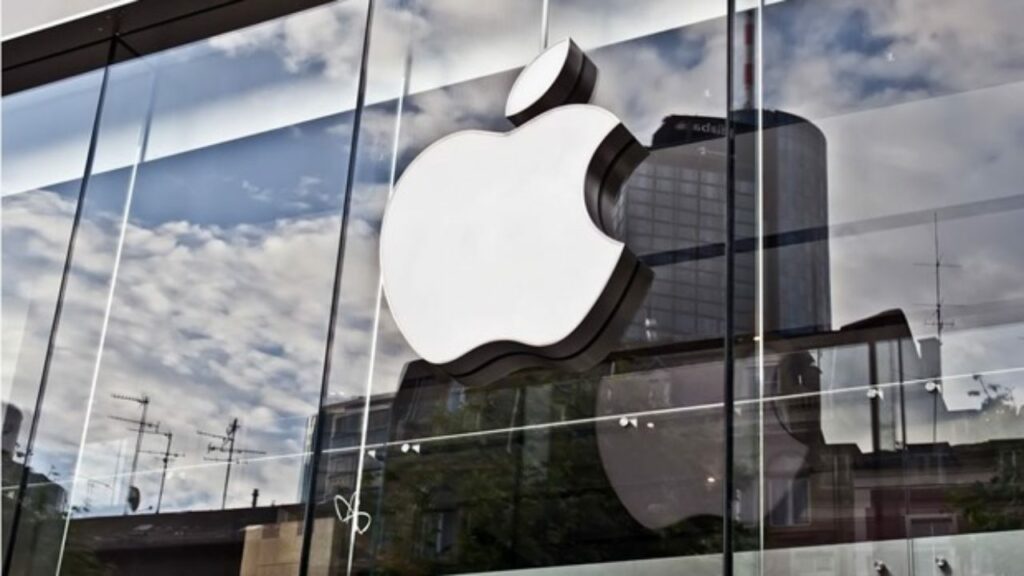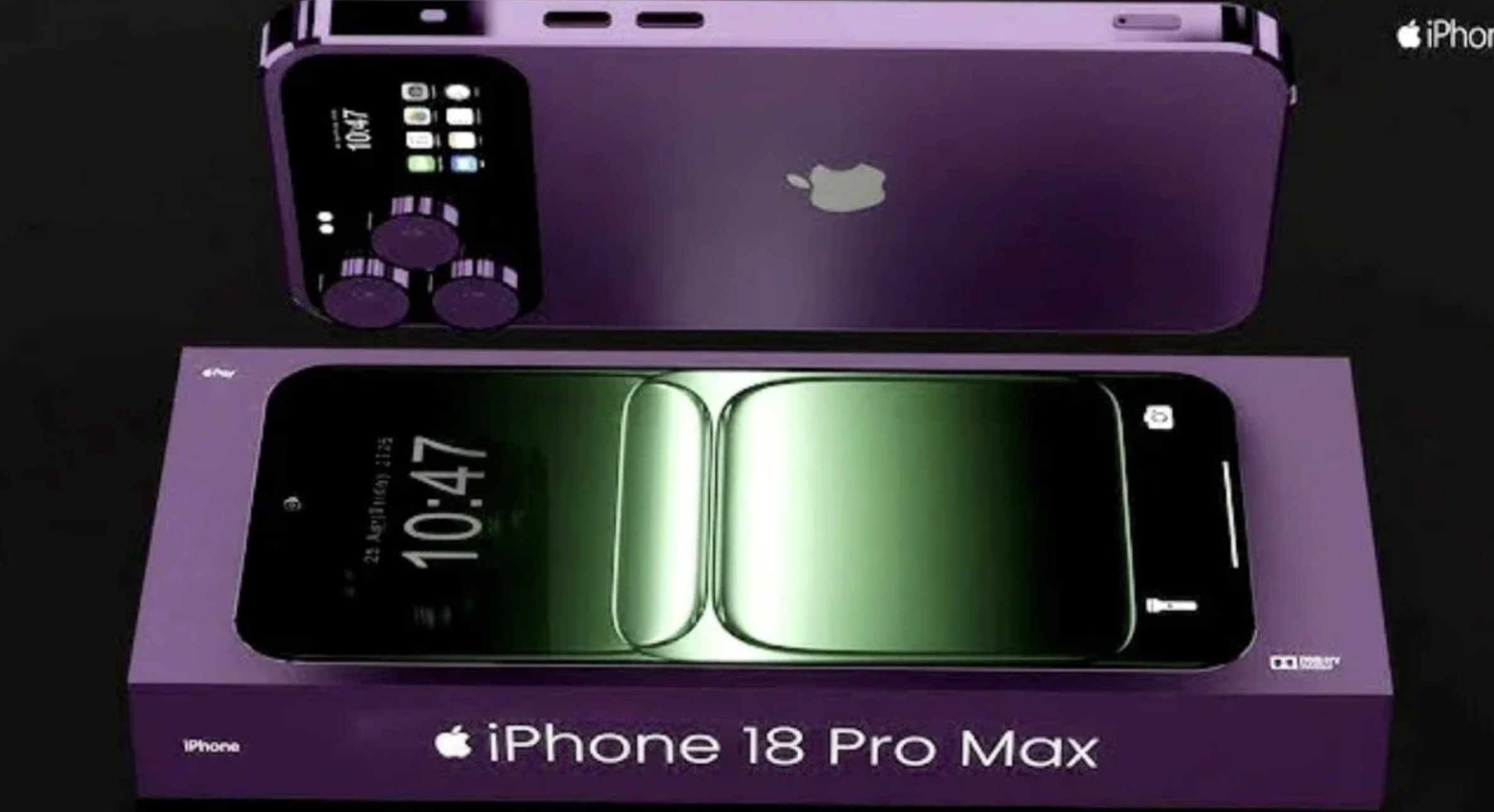China ordered officials at central government agencies to not use Apple’s iPhones and other foreign-branded devices for work or bring them into the office.

Implications
The ban comes ahead of Apple’s upcoming event next week where it will launch the next iPhone.
It could revive concerns among foreign companies in China as its rivalry against the US escalates.
Notably, it is one of Apple’s biggest markets and generates nearly a fifth of its revenue.
However the ban is not likely to create an immediate impact on earnings due to the popularity of the iPhone in China.
Usual tactics
The move is not surprising from China’s end.
It has been striving to cut reliance on foreign technologies for over a decade now.
It has been asking state-affiliated firms such as banks to switch to local software and promoting domestic semiconductor chip manufacturing.
It ramped this up in 2020, when its leaders proposed a so-called “dual circulation” growth model to move away from relying on overseas markets and technology over concerns regarding data security.
Rivalry against US
This May it urged big state-owned businesses to contribute to its drive towards achieving self-reliance in technology amid rifts with the United States.
Tensions between both countries have been high as the US works with allies to block China’s access to vital equipment needed to keep its chip industry competitive.
In turn Beijing has been restricting shipments from prominent U.S. firms including planemaker Boeing and chip company Micron Technology.
Apple in China
The latest ban showed that China is leaving no stone unturned towards its goal and that not even the biggest company in the world is spared.
“Even Apple is not immune … in China where it employs hundreds of thousands, if not more than a million workers, to assemble its products through its relationship with Foxconn,” D.A. Davidson analyst Tom Forte said.
This “should inspire companies to diversify both their supply chain and customer concentrations to be less dependent on China in the event the tensions get worse.”
China “uninvestable”
U.S. Commerce Secretary Gina Raimondo said U.S. companies had complained that China had become “uninvestable”.
They referred to fines, raids and other actions that have made it risky to do business in the world’s second-largest economy.
The US, in turn, has issued similar bans in the country against Chinese smartphone maker Huawei Technologies and short video platform TikTok, owned by China’s ByteDance.












